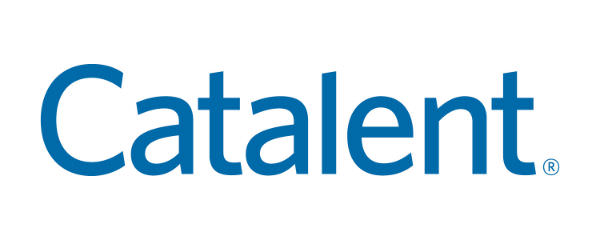Achieving success in early development is essential in progressing to your molecule’s next milestone. While solving solubility is a major hurdle to overcome in early development, there are additional biopharmaceutical challenges to consider on the path to commercialization. This webinar will demonstrate how additional screening strategies can help you better understand your molecule and predict its future success on the path to commercialization.
Experts will highlight key screening strategies in early development that go beyond just solubility. The experts will review pre-formulation techniques and explain how they can accelerate early phase development to animal PK and first-in-human studies. This webinar will also explore the type of data collection needed to support PBPK/DMPK evaluations and the red flags in development that indicate the need for additional studies.
Lastly, the experts share a recent case study that illustrates how to use PBPK modeling, the developability classification system¹ and the biopharmaceutics drug distribution classification system² together to facilitate the development of a molecule.
[1] A revised classification system for oral drugs was developed using the biopharmaceutics classification system (BCS) as a starting point. The revised system is designed to have a greater focus on drug development. Intestinal solubility, the compensatory nature of solubility and permeability in the small intestine and an estimate of the particle size needed to overcome dissolution rate limited absorption were all considered in the revised system.
[2] BCS and BDDCS are complimentary, not competing, classification systems that aim to improve, simplify, and speed drug development. Although both systems are based on classifying drugs and NMEs into four categories using the same solubility criteria, they differ in the criterion for permeability and have different purposes.
Speakers

Stephen Tindal, Director Science & Technology, Catalent Pharma Solutions
Stephen holds a bachelor’s degree in chemistry and analytical science from Loughborough University, and specializes in forensic data analysis. He has worked at Catalent for 32 years (16 years in the USA between 2003 and 2019) and is now based at the Swindon location. Stephen has held leadership positions in Formulation Development, Process Development and both Clinical and Commercial Operations at FDA & EMA regulated facilities.
Stephen is part of Catalent’s Science and Technology Team where he leads the technical support in Europe. This S&T team are available for customer consultation in order to define the right path for any oral program, or to connect/engage other experts as needed.

Jan Neelissen Ph.D., Scientific Advisor for PK/PD with PBPK Modeling, Science & Technology, Catalent Pharma Solutions
Jan has 20 years of industry experience in the field of DMPK, of which 17 years was spent at AstraZeneca holding positions as Associate Principle Scientist delivering 7 clinical drug candidates, Associate Director in vitro DMPK, and Associate Director Modeling and Simulation. Dr. Neelissen is a biologist by training and received his doctoral degree from the University of Leiden, Netherlands
Who Should Attend?
This webinar will benefit professionals from companies with molecules in preclinical development, with relevant job titles including:
- Senior/Director, New Product Strategy & Development
- Project Leaders/Project Management
- Senior/Director, Product Development
- Senior/Director, R&D
- Formulation Scientists
- Consultants
What You Will Learn
Key takeaways from this webinar include:
- The benefits of using PBPK modeling
- The type of data needed to support a PBPK/DMPK evaluation
- Red flags that signal the need for additional development studies
- How a streamlined integrated program can accelerate early drug development
Xtalks Partner
Catalent
Catalent is the leading global provider of advanced delivery technologies, development, and manufacturing solutions for drugs, biologics, gene therapies and consumer health products. With over 85 years serving the industry, Catalent has proven expertise in bringing more customer products to market faster, enhancing product performance and ensuring reliable global clinical and commercial product supply. Catalent employs nearly 13,000 people, including approximately 2,400 scientists and technicians, at more than 35 facilities, and in fiscal year 2019 generated over $2.5 billion in annual revenue. Catalent is headquartered in Somerset, New Jersey. For more information, visit www.catalent.com.
You Must Login To Register for this Free Webinar
Already have an account? LOGIN HERE. If you don’t have an account you need to create a free account.
Create Account




